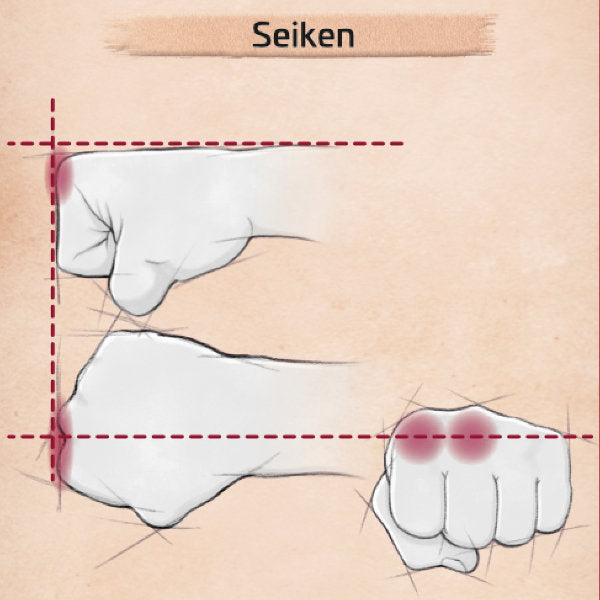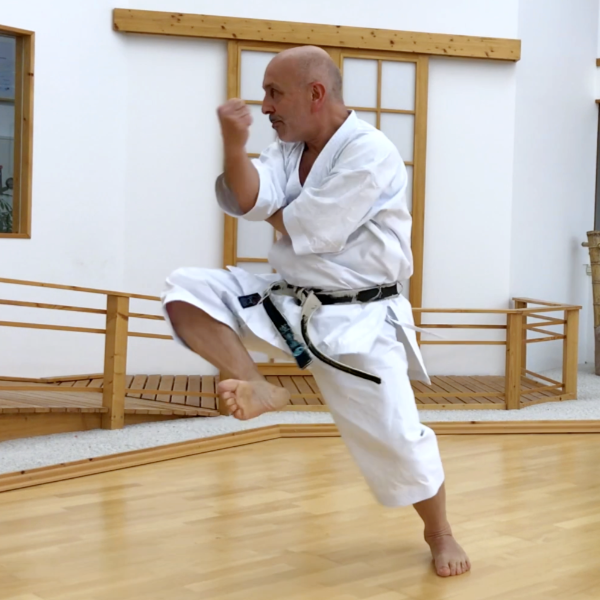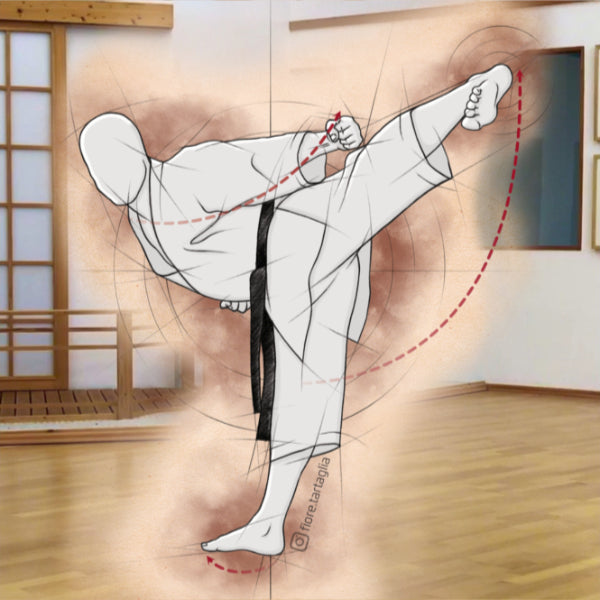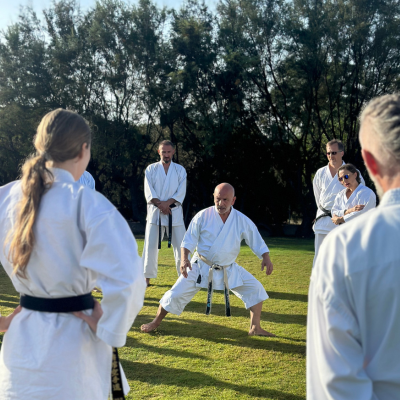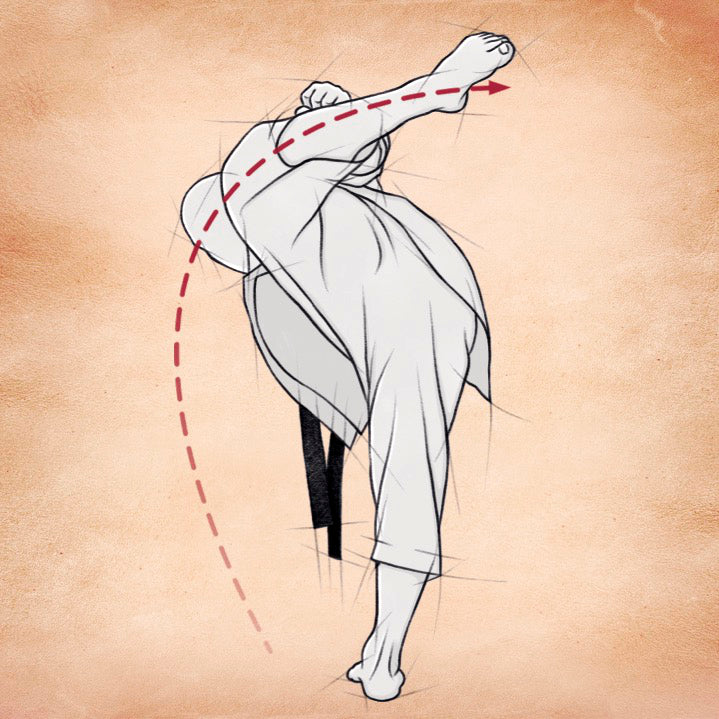
Kata contain many messages that are not obvious but offer a wealth of knowledge.
This knowledge not only relates directly to the kata itself, but goes beyond it and influences and shapes the way the karateka thinks and acts in society.
It is an invisible and insidious process that changes the character decisively.
Precise execution of the techniques requires the karateka to engage intensively with them. This is a very important aspect for success in life: attention to detail.
This type of engagement is only effective when a second important aspect is added: the continuity of practice to automate the achieved precision. In this way, the exact desired movement or posture is expressed by the body – spontaneously, without thought and without involving the mind – in other words, simply automatically.
The combination of attention to detail and constant practice shapes the individual on a psychological level, so that when practicing the kata, they begin to become who they are. At work, while shopping, and in their free time, this karateka will, over time, adapt their habits to the behavior in the dojo.
The different rhythms in the kata also affect character. There are fast and slow passages. Fast passages are not always equally fast, just as slow movements are subject to different speeds. Observing and internalizing these phases follows specific combat actions. The energy expenditure therefore varies depending on the situation. Even a full workday requires breaks to recharge the batteries. Rest periods are often crucial for good results!
Bunkai (the understanding of a technique or kata) is the most obvious aspect of the meaning of the techniques performed in the kata. It completes the knowledge of the kata.
It's like seeing beyond sight. Every perspective of martial arts is a personal interpretation. Beyond a certain level, it must be adapted to one's own abilities. To achieve this, the karateka must go a step further: They must expand what they have learned beyond interaction with a partner.
That's life: Our thoughts and ideas always come into contact with other people in a society. The way we deal with them determines our position in that society. The decisive approach taught by bunkai also influences karateka in this sense: determined, goal-oriented, yet respectful and considered.
For the reasons mentioned above, which can enrich the karateka if they allow it, my advice is to understand and practice kata in its expanded aspects. In Japanese society, kata is present everywhere: from the tea ceremony (sado or chado) to the way flower arrangements (ikebana) or calligraphy (shodo) are done. And beyond.
Would you like to learn more about the complex world of kata and its impact on your life? In the FT-KARATE online coaching, you will receive further information and practical guidance for your own journey.
In the book " The Karate Essence " you will learn how you can achieve profound development of your own karate in all aspects in a structured and systematic way.




